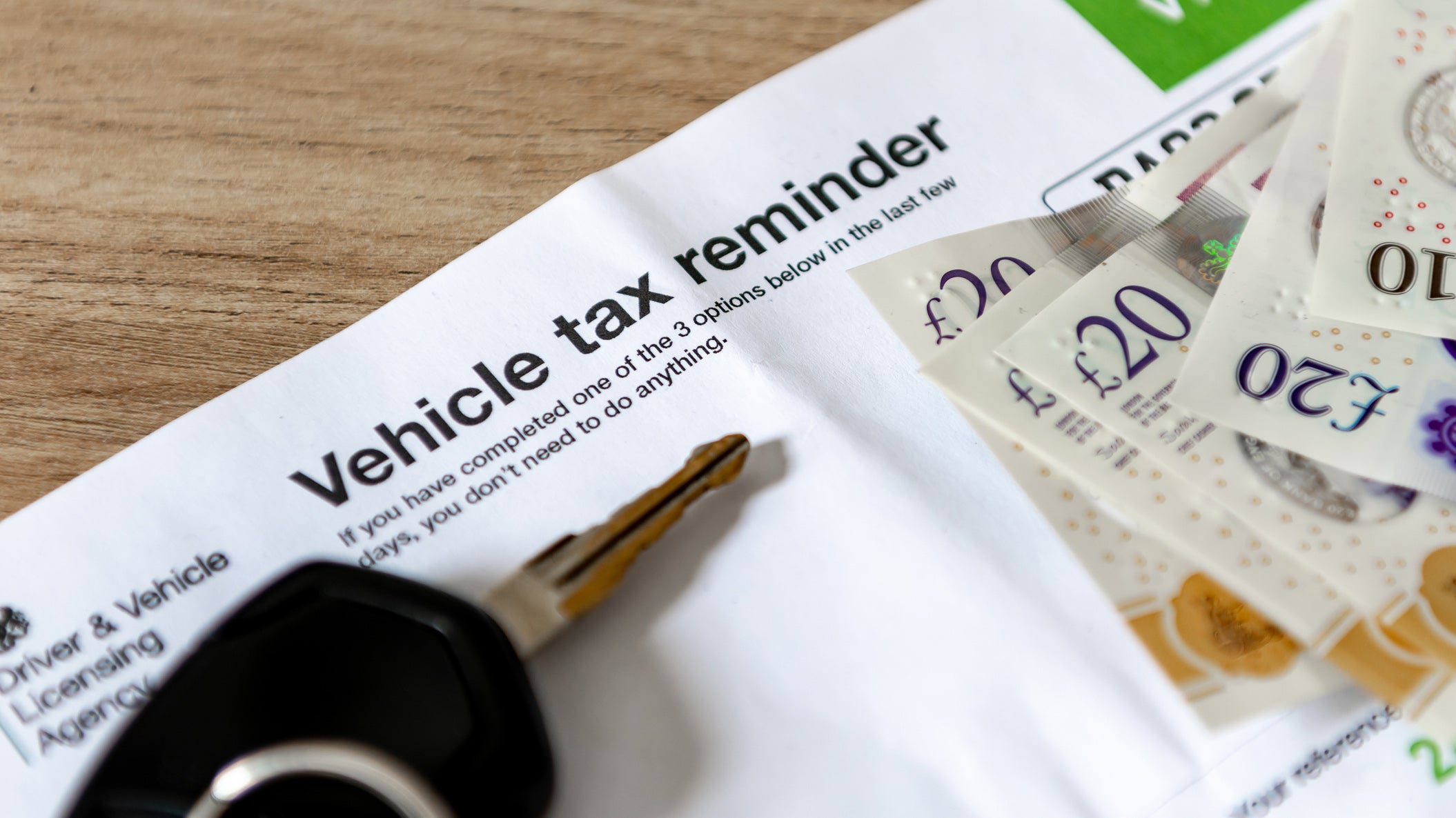Luxury car tax is an important consideration for anyone purchasing high-end vehicles in the UK. It applies to vehicles that exceed a specific value and is designed to ensure that luxury car owners contribute more than owners of standard vehicles. Understanding luxury car tax, its rates, and its rules is essential for planning a purchase and avoiding unexpected costs.
With the UK government introducing changes to car taxation in 2025, knowing how luxury car tax affects vehicle ownership has become more critical than ever. Buyers need to understand how rates are calculated, which cars fall under the expensive car supplement, and how these taxes impact overall ownership costs. Staying informed is key to avoiding surprises.
What is Luxury Car Tax in the UK
Luxury car tax is a surcharge applied on top of standard vehicle excise duty (VED) for high-value vehicles. It targets cars that exceed the government’s price threshold, ensuring that expensive cars contribute proportionally more to road maintenance and public services. This tax applies to both newly purchased vehicles and certain imported cars.
The aim of luxury car tax is to create a fairer system where owners of high-end cars pay additional tax. It helps regulate the automotive market and supports the government in maintaining infrastructure. For UK buyers, understanding which cars are subject to luxury car tax and how the calculation works is essential for planning.
2025 Luxury Car Tax Rates and Thresholds
In 2025, luxury car tax applies to vehicles priced above £40,000, which is the current threshold for the expensive car supplement. Any car above this value is taxed on the amount exceeding the limit. Buyers should note that this tax is in addition to standard car tax and other charges such as registration fees.
The rate for luxury car tax varies depending on the vehicle’s value and type. For example, certain imported vehicles or high-emission models may incur higher charges. Knowing the 2025 thresholds and rates helps buyers calculate their total tax liability and make informed decisions when purchasing a luxury vehicle.
How to Check Your Luxury Car Tax

Checking your luxury car tax in the UK is simple using official DVLA tools. The DVLA car tax checker allows users to enter their vehicle registration to see the exact tax amount owed. This ensures that drivers remain compliant with the law and avoid penalties for unpaid or incorrect taxes.
Online calculators also make it easy to estimate luxury car tax for new purchases. By using car tax calculators and checking car tax and MOT tools, buyers can plan their purchases effectively. These tools are particularly useful for comparing different vehicles and understanding the total cost of ownership.
Recent and Upcoming Car Tax Changes
Luxury car tax has seen several changes over recent years, and new updates are expected in 2025. Proposals such as those introduced by Rachel Reeves aim to make the system more equitable. Changes may impact both older and newer vehicles, and buyers need to stay informed to understand how these adjustments affect their tax liability.
Older drivers and vehicles are also impacted by car tax updates. Policies like older drivers car tax changes and older car tax UK adjustments are designed to balance the tax burden fairly. Understanding these upcoming changes ensures buyers can plan effectively and avoid surprises when purchasing luxury vehicles.
Planning for Luxury Car Tax in 2025
Proper planning is essential when dealing with luxury car tax in 2025. Buyers should consider all associated costs, including standard car tax, insurance, maintenance, and the luxury car tax itself. Using online tools like car tax online services, DVLA checkers, and car tax calculators can make budgeting easier and more accurate.
Dealers and private buyers alike should verify luxury car tax before completing a purchase. By checking my car tax services, reviewing new car tax rates 2025, and understanding the expensive car supplement, buyers can make informed decisions. Proper planning ensures that luxury car tax does not negatively impact finances or vehicle ownership enjoyment.
Impact of Luxury Car Tax on Imported Vehicles
Imported vehicles are often subject to luxury car tax in addition to customs duties and other fees. Buyers planning to bring high-end vehicles from abroad must factor in these taxes when budgeting for the total cost. This ensures there are no unexpected charges after purchase.
Luxury car tax for imported cars depends on the vehicle’s value, engine size, and emissions. UK buyers should consult the DVLA and HMRC guidance to determine exact liabilities. Using online tools like car tax calculators and check car tax services can provide clarity and prevent costly mistakes.
Tips for Minimising Luxury Car Tax
While luxury car tax is unavoidable for eligible vehicles, buyers can plan strategically to manage costs. Choosing vehicles just below the threshold or considering lower-emission models can reduce the tax burden. Proper planning also involves checking car tax rates regularly to stay informed about potential changes.
Regularly using car tax online tools, DVLA car tax checkers, and car tax renewal services can help buyers track tax liabilities. Planning purchases carefully and budgeting for luxury car tax ensures that ownership of high-end vehicles remains manageable and avoids unexpected financial strain.
Conclusion
Luxury car tax in the UK is a critical consideration for high-value vehicle buyers, particularly with updated rates and rules for 2025. Staying informed about thresholds, using DVLA tools, and planning purchases carefully ensures compliance and prevents unexpected costs. By understanding luxury car tax, buyers can enjoy their vehicles without financial surprises.
You may also read: Luxury Vinyl Flooring UK: The Ultimate Guide to Stylish, Durable & Waterproof Floors

